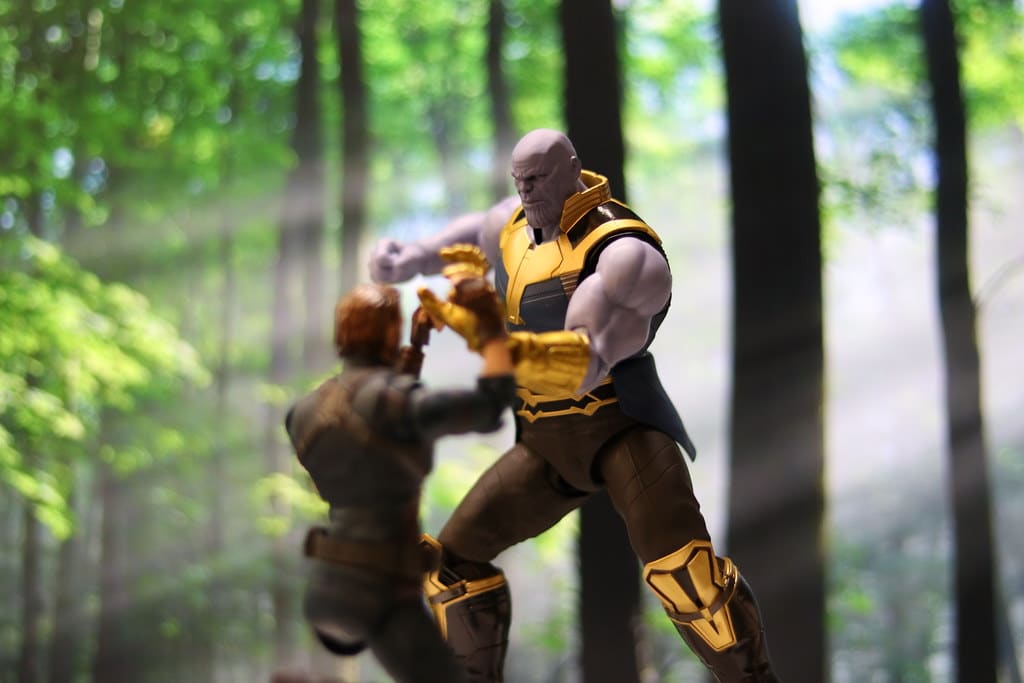
Modern Myths of Human Power – Part II
by Usha Alexander
[This is the sixth in a series of essays On Climate Truth and Fiction, in which I raise questions about environmental distress, the human experience, and storytelling. It first appeared on 3 Quarks Daily. This sixth essay is divided into three parts. The fifth essay in the series, called ‘Lost and Found in Eden’ is here.]
From Heroes to Superheroes
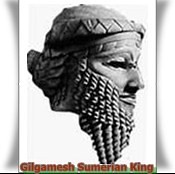
The earliest hero whose story survives in writing is Gilgamesh, of Bronze age Mesopotamia. As a king of the Sumerian city-state, Gilgamesh was hailed a hero not because he was just and wise, but because he was king and a favorite of the gods. As the son of a goddess, he possessed wondrous physical beauty and strength, which garnered much awe from his people. But, as a hero, Gilgamesh was mostly after fun and profit. In one adventure, for example, he schemes with his friend to kill the powerful guardian of the hallowed Cedar Forest, a ferocious custodian appointed by the gods to protect the precious trees. Yet, with impunity, Gilgamesh kills the guardian – and his seven sons – wantonly lays waste to the forest, and steals a bunch of trees! His feat of endurance, bravery, cunning, and adventurism is for personal gain and glory. Gilgamesh is not there to save anybody from anything; quite the contrary.
Later heroes of the Iron Age, like Odysseus in Greece, or Arjuna in South Asia, were mostly concerned with maintaining their presumed birthright or personal property. These men, too, received special attentions from the gods and were heroes not for any enlightened stewardship of their people, but because they already held an exalted social status: Odysseus, a powerful warlord; Arjuna, the scion of a venerated dynasty and son of Indra, the king of the gods. Both Odysseus and Arjuna possessed superhuman skill in archery and were considered masters of warfare. As with Gilgamesh, their stories were among the blockbuster franchises of their time and place.
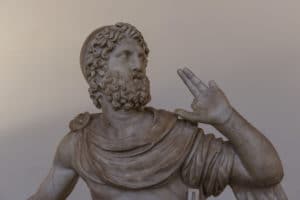
Such heroes of yore gained their special powers or qualities from the gods. Often they were descended from the gods on one side or the other. Or they received magical gifts from the gods, in the form of amulets, weaponry, protective clothing. It was the possession of these traits and favors that raised their adventures beyond the ordinary, imbuing them with heroic importance, regardless of how self-serving, shallow, or mean they were to lesser mortals around them, judged them, or otherwise limited their power and success as much as they granted it. Gilgamesh, for instance, finally learned that in spite of all his entitlements, he could never possess the gift of immortality, which he so coveted. Odysseus suffered miserably in his travels, caught between the scheming whims of Zeus, Athena, and Poseidon. Other ancient Greek heroes actually fell mortally and morally victim to their own tragic flaws, the limits to their triumphs having been pre-ordained by the Fates. As for Arjuna: he and his brothers and their wife became the sole survivors of their Pyrrhic war, losing all their people, the very kingdom they were fighting for, and the way of life they most loved – an utterly tragic end. The deeds and motives of this lot may strike us as less noble than those of modern heroes like the Avengers, but may also represent the heroes’ proper place in their own cosmology, their storytellers’ fair assessment of the human scale of influence, even among heroes.
More recently, we’ve ventured beyond the realms of heroes and into that of superheroes. What makes them super, it seems to me, is their moving on from defending their own limited interests to taking up the responsibility of saving the world or even the entire universe from supervillains. Both superheroes and supervillains possess extraordinary abilities, extending their reach across the globe, into outer space, and even across time and alternate dimensions. Imagining our heroes as empowered to save the whole world betrays a certain hubris, to be sure. But it may also reasonably reflect the scale on which our most powerful organizations and technologies today can operate. Militaries, with their nuclear arsenals, and other powerful organizations, including mining and technology corporations, really do make decisions in which nothing less than the future of the world may be at stake. Effects are no longer localized in our crowded, globalized world. A handful of people really can command resources and influence at a scale that alters the state of the planet and the future trajectory of human civilization.
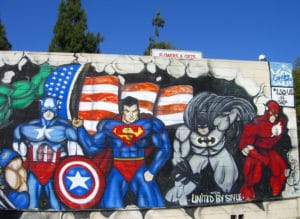
Unlike their earlier counterparts, superheroes are not after simple profit, fame, or power; their self-chosen mandate is to protect humankind. But while this might seem more noble than the heroes of old, the form and meaning of this mandate remains at their sole discretion, and, like most of their earlier counterparts, superheroes aren’t much given to depth or wisdom. These quintessentially American heroes never question the status quo – the levers of power, the terms of value, or the justice of the American hegemonic world. And as in olden times, their primary heroic traits always come down to battle prowess. Superheroes, however, are not beholden to gods, who stand above them; they are without limits. And they always win.
Rather than receiving favors from the gods, most superheroes get their superpowers from technological interventions: they become superheroes through their command of super-sophisticated weaponry or the effects of chemistry created by mortal scientists or engineers (sometimes themselves). In their stories, technology is regarded as an esoteric body of arcana practiced by those few who have achieved its mastery, not so different from a form of wizardry. All superheroes are primarily in command of weapons technologies, which they wield without any apparent concern for natural or economic limits. In service to the preservation of the American way of life, they are infinitely empowered and entitled. They represent and reflect our modern faith in technology as our human path to divinity.
[End of Part II]
[Modern Myths of Human Power – Part I]
[Modern Myths of Human Power – Part III]
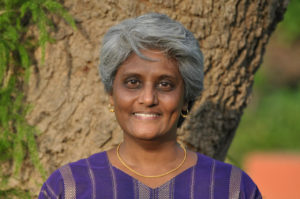
Usha Alexander was born to Indian immigrants who came to the United States in the 1950s and settled in the very small town of Pocatello, Idaho. She ran away to university at the age of 19, and later joined the US Peace Corps, where she served as a science teacher in the archipelago nation of Vanuatu. In the late 90s, Usha made her way to the San Francisco Bay Area of California, where she settled and worked for Apple Computer for many years.
Since 2013, Usha resides with her partner, writer and photographer, Namit Arora, in the National Capital Region of India. Usha has lived in four different countries and has learned to carry her home within herself, yet she frequently returns to the CA Bay Area with a certain sense of homecoming.